Traditional Currency Exchange Alternatives: Getting the Best Rates
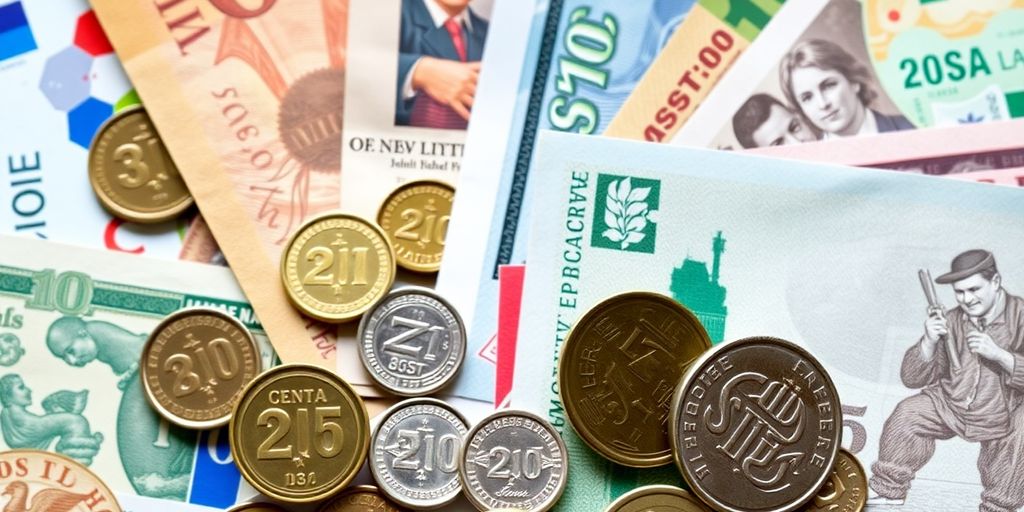
When it comes to exchanging currency, finding the best rates can be a real challenge. Traditional methods often come with hidden fees and less favorable rates, especially at airports or hotels. Luckily, there are plenty of alternatives out there that can help you save money and get more bang for your buck. In this article, we’ll explore various options for currency exchange, so you can make informed decisions and keep your travel budget intact. Let’s dive into the world of traditional currency exchange alternatives and discover how to get the best rates possible.
Key Takeaways
- Always compare rates from different providers to find the best deal.
- Understand the spreads and commissions that can impact your exchange rate.
- Don’t rely solely on airport exchanges; look for better options nearby.
- Consider using online money transfer services for more competitive rates.
- Prepaid travel cards can save you money and provide convenience while traveling.
Compare Exchange Rates From Different Providers
It’s easy to assume all currency exchange places offer the same rates, but that’s just not true. You can save a surprising amount of money just by doing a little comparison shopping. Think of it like buying anything else – you wouldn’t grab the first item you see without checking if another store has it cheaper, right? Currency exchange is the same deal. Different providers will offer different rates, and those differences can really add up, especially if you’re exchanging a large sum.
Online Comparison Tools
There are a bunch of websites and apps out there that let you compare exchange rates from different providers in real-time. These tools pull data from various sources, so you can see who’s offering the best deal at any given moment. It’s a super quick way to get a sense of the market and identify the most competitive rates. For example, you can use a trusted source such as Reuters to get an idea of what to expect when comparing exchange rates.
Here are a few popular options:
- XE.com: Offers live exchange rates, historical data, and rate alerts.
- Google Finance: Provides a simple currency converter and current exchange rates.
- Yahoo Finance: Similar to Google Finance, with currency conversion tools and market data.
Benefits of Using Multiple Providers
Sticking with just one currency exchange provider is like only shopping at one store – you’re limiting your options and potentially missing out on better deals. By using multiple providers, you can take advantage of promotional rates, lower fees, or better exchange rates for specific currencies. Plus, it gives you some leverage. If one provider isn’t giving you the rate you want, you can always walk away and go to another one. It’s all about playing the field to get the best possible outcome.
It’s a good idea to have accounts with a few different providers. That way, you’re ready to pounce when you see a favorable rate. Don’t be afraid to switch providers if you find a better deal elsewhere. Your loyalty isn’t worth sacrificing your hard-earned money.
Understanding Rate Variability
Exchange rates are like the stock market – they’re constantly changing. A rate that looks good in the morning might not be so great by the afternoon. Several factors can influence these fluctuations, including economic news, political events, and market sentiment. Keeping an eye on these factors can help you time your currency exchange for maximum savings. Also, different providers update their rates at different times, which can lead to discrepancies between what you see online and what you’re actually offered. It’s always a good idea to double-check the rate right before you make a transaction to avoid any surprises.
Understand the Concept of Spreads and Commissions

When exchanging currency, it’s easy to focus solely on the exchange rate itself. However, spreads and commissions play a big role in the actual cost. Understanding these elements is key to getting the best deal.
Online Comparison Tools
Exchange rates you see advertised aren’t always what you get. The difference between the buying and selling price is called the spread, and it’s how exchange services make money. A smaller spread is better for you. Commissions are fees charged on top of the exchange. Some providers might advertise "no commission" but have a wider spread, so it’s important to look at the total cost.
Benefits of Using Multiple Providers
Different providers have different spreads and commission structures. Banks, currency exchange services, and online platforms all vary. By comparing several options, you can identify the most cost-effective choice for your specific transaction. Don’t assume your regular bank offers the best rate; it often doesn’t.
Understanding Rate Variability
Exchange rates change constantly based on market conditions. Spreads and commissions can also fluctuate. Factors that influence these include:
- The amount of currency you’re exchanging.
- The specific currencies involved.
- The provider’s policies.
- Market volatility.
Being aware of these factors helps you time your exchange for potentially better rates and avoid peak periods when spreads might be wider. Also, consider using limit orders if available, to automatically exchange currency when your desired rate is reached.
Reducing the Impact of Spreads
To minimize the impact of spreads:
- Exchange larger amounts of currency at once, as some providers offer better rates for bigger transactions.
- Consider using a prepaid travel card to lock in an exchange rate.
- Negotiate with the provider, especially if you’re exchanging a significant amount.
Identifying Hidden Fees
Watch out for hidden fees that can inflate the cost of your exchange. These might include:
- Transaction fees.
- Service charges.
- Delivery fees (for online transfers).
- Fees from intermediary banks (for international transfers).
Always read the fine print and ask for a complete breakdown of all costs before proceeding.
Negotiating Better Rates
Don’t be afraid to negotiate, especially for larger transactions. Here’s how:
- Let the provider know you’ve compared rates from competitors.
- Ask if they can match or beat a competitor’s offer.
- Inquire about discounts for being a loyal customer.
Even a small improvement in the rate can save you a significant amount of money, especially when exchanging large sums.
Shop Around For The Best Rates
Don’t just take the first exchange rate you see! Seriously, shopping around is key to getting the most for your money. Different places will give you different rates, and it really pays to do a little digging. You might be surprised by how much the rates can vary. It’s like anything else – you wouldn’t buy the first car you see, right? Same goes for exchanging currency.
Tips for Shopping Around
- Check out your local banks. Even though they might not always have the absolute best rates, it’s a good starting point to see what they’re offering. Plus, it’s convenient if you already have an account with them.
- Look into online money transfer services. These guys often have lower overhead than traditional banks, so they can pass those savings on to you in the form of better rates.
- Consider using peer-to-peer platforms. These can sometimes offer really competitive rates because you’re essentially cutting out the middleman. It’s worth a look, but make sure you’re using a reputable platform.
- Don’t forget about specialized FX brokers. If you’re dealing with a large amount of money, they might be able to get you a better deal than a bank or online service. They have access to different markets and can sometimes negotiate better rates.
It’s a good idea to keep a record of the rates you’ve been quoted. This way, you can easily compare them and see which one is the best. Also, don’t be afraid to ask if they can match or beat a competitor’s rate. You never know until you ask!
Utilizing Online Platforms
Online platforms are a game-changer when it comes to comparing exchange rates. You can see rates from multiple providers all in one place, which makes it super easy to find the best deal. Plus, many of these platforms offer tools and calculators to help you figure out exactly how much you’ll be paying in fees and commissions. It’s all about transparency, which is a good thing.
Exploring Local Options
Don’t just rely on the internet! Check out local currency exchange places in your area. Sometimes, they can offer surprisingly good rates, especially if they’re competing with other businesses nearby. It’s worth taking a walk around and seeing what’s out there. You might find a hidden gem that gives you a better deal than any online service. Plus, you’re supporting local businesses, which is always a nice bonus.
Avoid Exchange Rate Markups at Airports and Hotels
Airports and hotels are notorious for offering some of the worst exchange rates around. The convenience comes at a steep price, so it’s best to be aware and plan ahead. You can often save a significant amount of money by avoiding these locations for your currency exchange needs.
Alternative Options at Airports
If you absolutely must exchange currency at the airport, here are some better options than the typical exchange booths:
- Use ATMs: Withdraw local currency from an ATM using your debit or credit card. While there will be a withdrawal fee, the exchange rate is usually much better than what you’ll find at the exchange kiosks. Look for ATMs operated by local banks, as they may offer even better rates than the airport’s own ATMs.
- Prepaid Travel Cards: Consider using prepaid travel money cards, which you can load with foreign currency before your trip. These cards often have lower fees and more competitive exchange rates.
- Limit the Amount: If you have no other choice, only exchange a small amount to cover immediate expenses like transportation to your hotel. Avoid exchanging large sums at the airport.
Understanding Hotel Exchange Policies
Hotels also tend to offer unfavorable exchange rates. Their primary business isn’t currency exchange, so they often add a significant markup to the rate they offer guests. Here’s what to keep in mind:
- Inquire About the Rate: Always ask about the exchange rate before agreeing to exchange currency at a hotel. Compare it to the current market rate to see how much of a markup they’re charging.
- Consider Alternatives: Unless it’s an emergency, avoid exchanging large amounts of currency at hotels. Look for local banks or ATMs that offer better rates.
- Check for Hidden Fees: Some hotels may also charge additional fees for currency exchange, so be sure to ask about all potential costs before proceeding.
It’s generally a good idea to exchange currency before you arrive at the airport or hotel. This gives you time to shop around for the best rates and avoid the high fees associated with these convenient but expensive options.
Timing Your Currency Exchange
Timing can play a role in getting a better exchange rate. Here are some things to consider:
- Avoid Last-Minute Exchanges: Don’t wait until the last minute to exchange currency. This puts you in a vulnerable position where you may have to accept whatever rate is offered.
- Monitor Exchange Rates: Keep an eye on exchange rates in the weeks leading up to your trip. If you see a favorable rate, consider exchanging currency then.
- Exchange During Off-Peak Hours: Some exchange services may offer slightly better rates during off-peak hours when demand is lower.
Utilize Online Money Transfer Services

Online money transfer services have really taken off, and for good reason. They’re often a much better deal than sticking with traditional banks, especially when you need to send money internationally. These platforms can offer competitive exchange rates, lower fees, and a level of convenience that old-school methods just can’t match.
Benefits of Digital Platforms
- Convenience is a huge plus. You can usually do everything from your computer or phone, any time of day or night. No more rushing to the bank before it closes.
- The fees are often way lower than what banks charge for international transfers. This can save you a significant amount, especially if you’re sending money regularly.
- Many services offer faster transfer times. In some cases, the money can arrive within minutes, which is a big deal if the recipient needs it urgently.
- You can easily track your transfer online, so you always know where your money is and when it’s expected to arrive.
Comparing Service Fees
It’s important to shop around and compare the fees charged by different services. They don’t all charge the same rates, and some might have hidden fees that you need to watch out for. Look at both the upfront fees and the exchange rates they’re offering. Sometimes a service with a slightly higher fee might actually give you a better overall deal because of a more favorable exchange rate.
Best Practices for Online Transfers
- Always double-check the recipient’s information before you send the money. A simple typo can cause major delays or even send the money to the wrong person.
- Be aware of the exchange rates and fees. Don’t just blindly accept the first offer you see. Take a few minutes to compare different services.
- Use a secure internet connection when you’re making a transfer. Avoid using public Wi-Fi, as it can be vulnerable to hackers.
- Keep a record of your transaction, including the confirmation number and any other relevant details. This will make it easier to track your transfer and resolve any issues that might arise.
Using online money transfer services can be a great way to save money and time, but it’s important to do your research and choose a reputable provider. Look for services that are licensed and regulated, and read reviews from other users to get an idea of their experience. A little bit of due diligence can go a long way in ensuring a smooth and secure transfer.
Consider Using Prepaid Travel Money Cards
Prepaid travel money cards can be a pretty good way to handle your travel money. You load them up with the currency you need before you go, and then use them like a debit card. It’s like having a set amount of cash without actually carrying all that cash around. Plus, they often have better rates than just exchanging money at the airport.
Advantages of Prepaid Cards
- One of the best things about these cards is the fixed exchange rate. When you load the card, you lock in the rate at that moment. This means no surprises later if the exchange rate suddenly tanks.
- They’re usually cheaper than other ways to get foreign currency. The fees are often lower than what you’d pay at a bank or exchange booth.
- You can use them anywhere that takes Visa or Mastercard, which is super convenient.
- It’s easier to stick to your budget. You can only spend what’s on the card, so you’re less likely to overspend.
I’ve found that using a prepaid card helps me keep track of my spending when I’m traveling. It’s easy to see how much I have left, and I don’t have to worry about constantly converting prices in my head.
How to Choose the Right Card
Choosing the right card is important. Here’s what to look for:
- Check the fees. Some cards have fees for loading money, using ATMs, or even just having the card. Find one with low or no fees for the things you’ll be doing.
- Make sure the card supports the currencies you need. Not all cards support every currency, so check that yours covers the countries you’re visiting.
- Look at the exchange rates. Compare the rates offered by different cards to make sure you’re getting a good deal.
- Consider the security features. A good card will have features like fraud protection and the ability to freeze the card if it’s lost or stolen.
Managing Currency on the Go
Managing your currency while traveling with a prepaid card is pretty straightforward. Most cards have an app or website where you can check your balance, reload funds, and track your spending. If you need more money, you can usually reload the card online or at certain ATMs. Just be aware of any fees for reloading, and keep an eye on the exchange rate when you add more funds.
Leverage International Credit and Debit Cards
Finding Cards with No Foreign Transaction Fees
One of the easiest ways to save money when traveling abroad is to use a credit or debit card that doesn’t charge foreign transaction fees. These fees, which can range from 1% to 3% of each transaction, can really add up over the course of a trip. Look for cards specifically marketed to travelers, as they often waive these fees as a perk. It’s a simple way to avoid unnecessary charges every time you swipe your card. Consider applying for no foreign transaction fee credit cards well in advance of your trip to ensure it arrives in time.
Benefits of Multi-Currency Accounts
Multi-currency accounts are another great option for international travelers. These accounts allow you to hold and manage funds in multiple currencies, often at more favorable exchange rates than you’d get through traditional currency exchange services. This can be especially useful if you travel frequently to the same countries, as you can load up on those currencies when the exchange rate is good. Some accounts also come with debit cards that you can use to make purchases or withdraw cash in the local currency, avoiding those pesky foreign transaction fees.
Using Cards Wisely While Traveling
Even with the right cards, it’s important to use them wisely while traveling. Always pay in the local currency to avoid dynamic currency conversion (DCC), which can result in unfavorable exchange rates and extra fees. Also, be aware of ATM fees when withdrawing cash, and try to use ATMs within your card’s network to minimize charges. Finally, notify your bank of your travel plans to prevent your card from being blocked due to suspicious activity.
Using credit and debit cards internationally can be a convenient and cost-effective way to manage your finances while traveling. By choosing the right cards and using them wisely, you can avoid unnecessary fees and get the best possible exchange rates. Just remember to do your research and plan ahead to make the most of your international spending.
Final Thoughts on Currency Exchange Alternatives
In the end, finding the best currency exchange rates doesn’t have to be a headache. Just remember to shop around and compare your options. Banks and credit unions usually offer decent rates, but don’t forget about online services and peer-to-peer platforms that can save you some cash. Avoid those airport kiosks—they’re notorious for terrible rates. If you plan ahead and keep an eye on the market, you can get more bang for your buck. So, whether you’re traveling or sending money abroad, a little research can go a long way in making sure you get the most value for your currency.
Frequently Asked Questions
What is the best way to compare exchange rates?
You can compare exchange rates by using online tools that show rates from different banks and money transfer services. Websites like XE.com and TransferWise are helpful for this.
Why should I avoid exchanging money at airports?
Airports usually have higher fees and worse exchange rates compared to banks and online services. It’s better to exchange money before you travel or use local ATMs.
What are spreads and commissions in currency exchange?
The spread is the difference between the buying and selling prices of a currency. Commissions are extra fees charged for the exchange. Both can affect how much money you get.
How can I reduce fees when exchanging currency?
You can reduce fees by choosing providers with low spreads, looking for promotional rates, and negotiating fees with your bank or money transfer service.
Are prepaid travel money cards a good option?
Yes, prepaid travel money cards can be convenient and safe. They allow you to load money in different currencies and help manage your spending while traveling.
What should I do if my bank charges foreign transaction fees?
Look for credit or debit cards that don’t charge foreign transaction fees. Some banks offer special cards for travelers that can save you money.
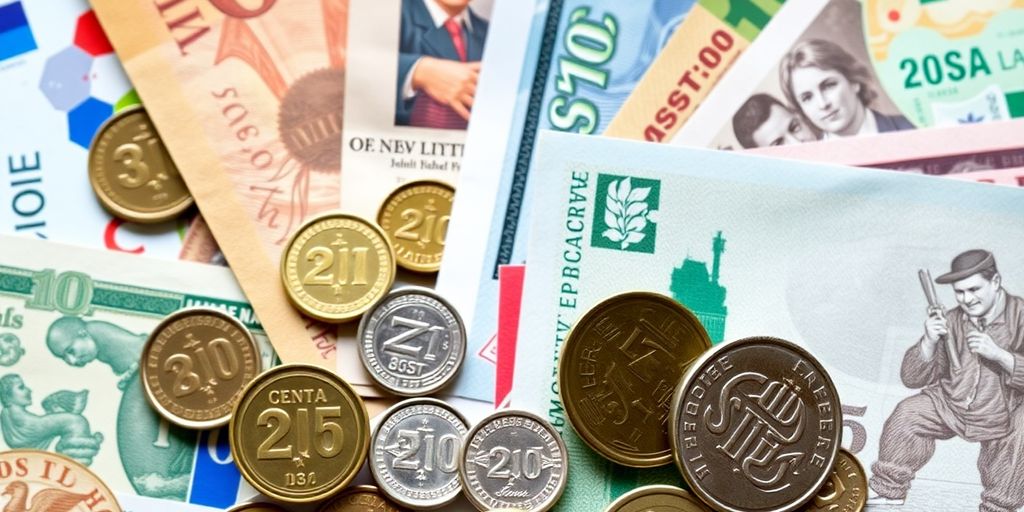
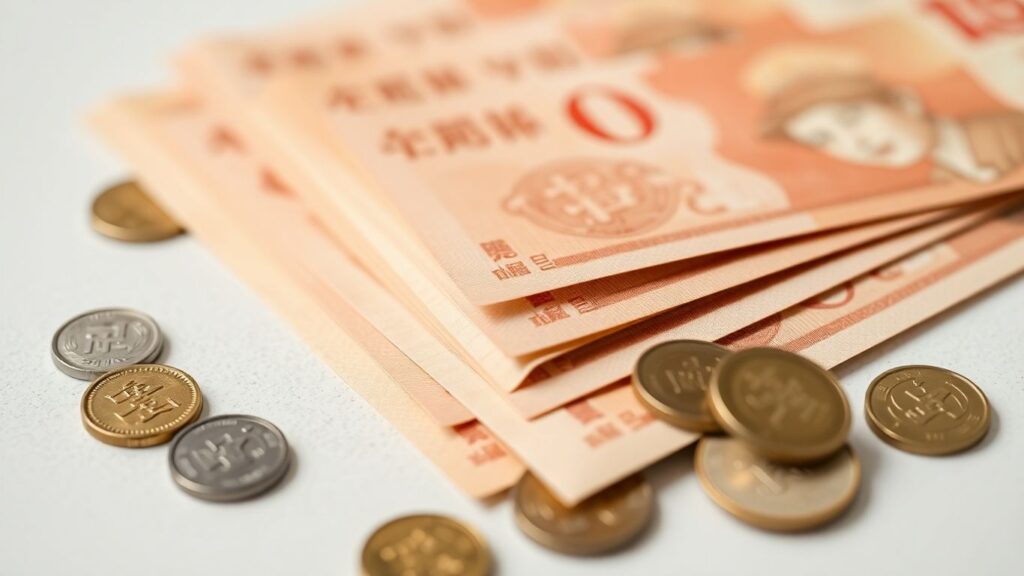


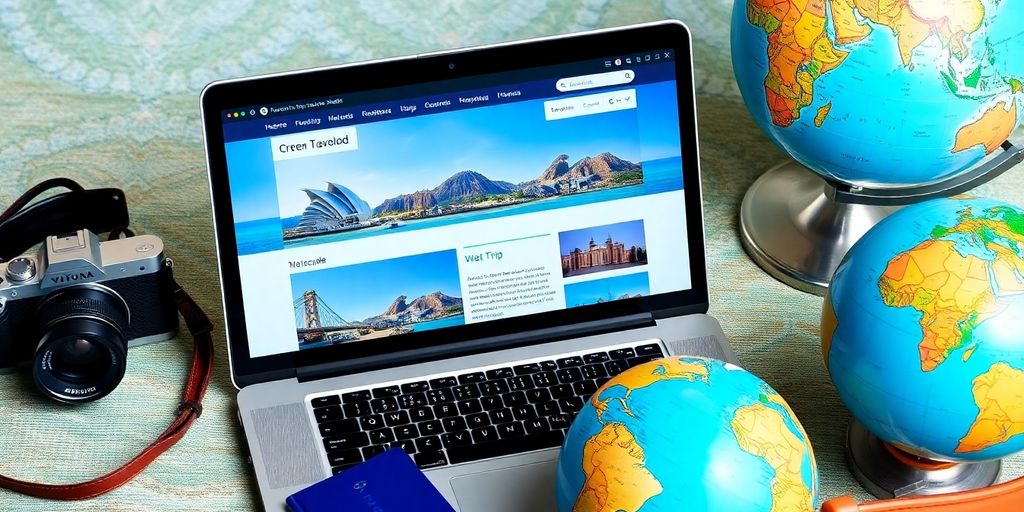
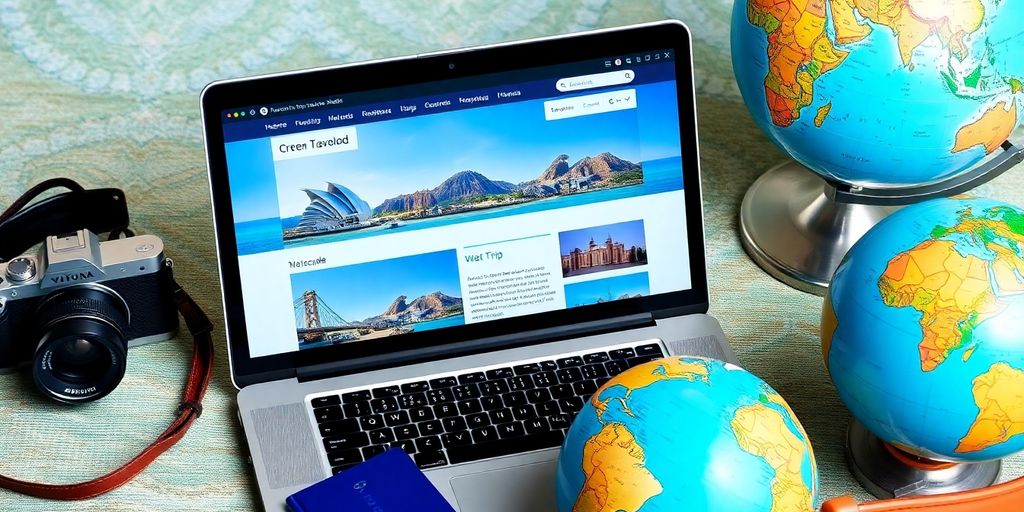
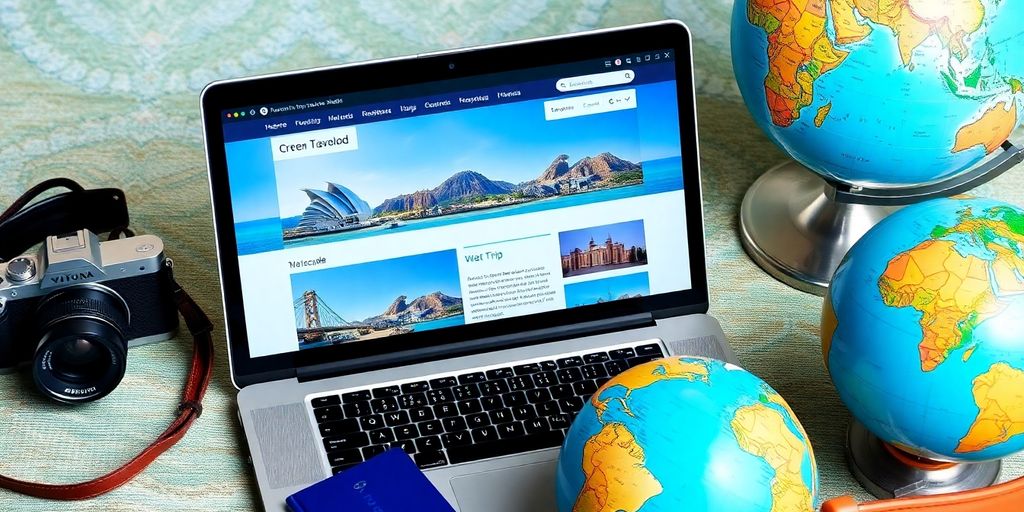

Responses